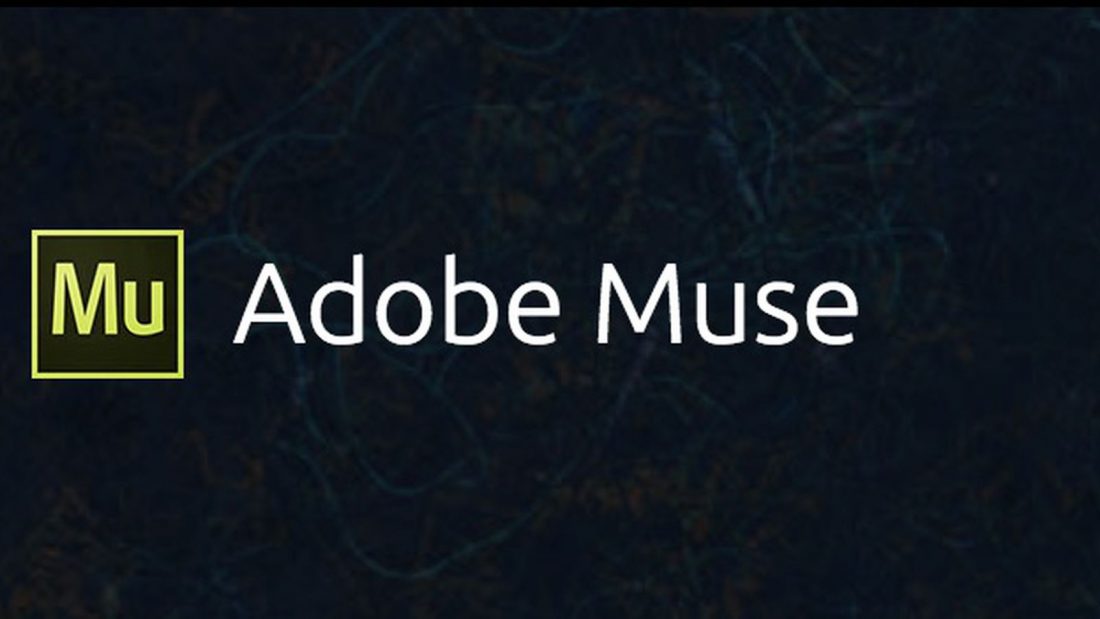
Adobe Muse website builder review
There are currently several website builders available for download on the internet. Adobe Muse is a program officially discontinued in March 2020. Technical support was also stopped in June of the same year. But the Adobe Muse software is more than just a footnote or a completed chapter in the history of web development. Many people still use it all over the world.
Ease of use
The software was designed as a quick and easy way to create websites within the Adobe Creative Cloud suite. It was considered a middle ground between Adobe Spark for single page website design and the expert and more popular Dreamweaver. As a result, Adobe Muse is a website builder that was one of the first to give users the ability to create flexible and themed pages to differentiate one area of a website from another.
The creative drag-and-drop interface was one of Muse’s key selling points. It helped those with no back office coding experience create dynamic and functional web pages that really stood out.
Features and Flexibility
Adobe Muse has provided users with several starter themes and templates to speed up the page creation process. You can also create themes and your own proprietary templates (usually saved with *.muse extension). Unfortunately, themes cannot be applied to existing content, nor was it possible to import content created on a different platform into a Muse template.
It was a cumbersome task that many developers found tedious, which eventually led Muse users to look for more dynamic (and code-free) alternatives to Adobe Muse.
Images for Adobe Muse software could be processed in other Adobe programs such as Lightbox, Photoshop CC, which was great for preparing images for layout and finalizing them for publication.

SEO and mobility:
The Adobe Muse platform has been no slouch in helping users make their websites more SEO friendly. However, it was also a tedious process as, unlike today’s more tech-savvy page builders, Muse was not intuitive.
Metadata had to be entered manually through the “Page Properties” dialog box in the “Plan” section of the program. Adding captions or alt text for their images included the same via the Image Properties dialog. Other Adobe Muse alternatives have more robust SEO capabilities.
When it came to portability, it was one of the first page builders to have Android and iOS versions as well as a web version. There is a download version for desktop installation, a download version of Adobe Muse CC, and a download version of Adobe Muse for Mac.
E-commerce tools
Adobe Muse, while it had templates that could be used to create an online store, the best way to get more out of your ecommerce software is to download the Ecwid plugin. This will give the website multi-language and multi-currency support, real-time shipping integration, and customer interaction tools. The current version of the plugin is still available for those who add e-commerce capabilities to sites created by Muse.



